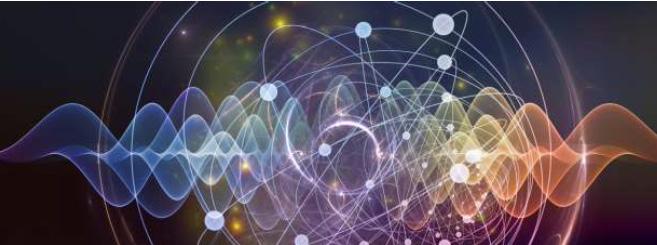
1 minute read
Physics
Why study Physics?
Physics is the fundamental science which studies how objects in the physical world behave and interact, encompassing everything from sub-atomic particles to the largest structures in the universe. It provides an excellent general knowledge base for understanding the physical world. It gives you a real edge in our modern technological society, which is increasingly dependent on scientific advances, and also provides you with skills for life in problem-solving, interpreting experimental data and linking ideas.
Advertisement
How is the course examined?
Examination
Two papers consisting of multiple choice, short answer and structured questions are taken at the end of Year 11. Questions about practical work are included in these papers.
What does the course cover?
The Edexcel IGCSE Physics syllabus helps you to understand the technological world in which we live and to take an informed interest in scientific developments, as well as being an excellent preparation for studying science subjects at higher levels.
You will learn about the basic principles of physics through a mix of theoretical and practical studies. You will gain an understanding of how physics is practised, as well as developing your problem-solving skills by applying math- ematical techniques such as the use of graphs and simple algebra.

The Physics topics covered include:
Forces and motion: motion, forces and momentum
Electricity: static electricity, electric circuits and mains electricity
Waves: wave theory, sound, light and the electromagnetic spectrum
Energy resources and energy transfers: work, energy, power and electricity generation
Solids, liquids and gases: changes of state, pressure and gas laws
Magnetism and electromagnetism magnets: electromagnetism, motors, generators and transformers
Nuclear Physics: radioactivity, fission, fusion and nuclear power
Astrophysics: orbits, stellar evolution, cosmology



